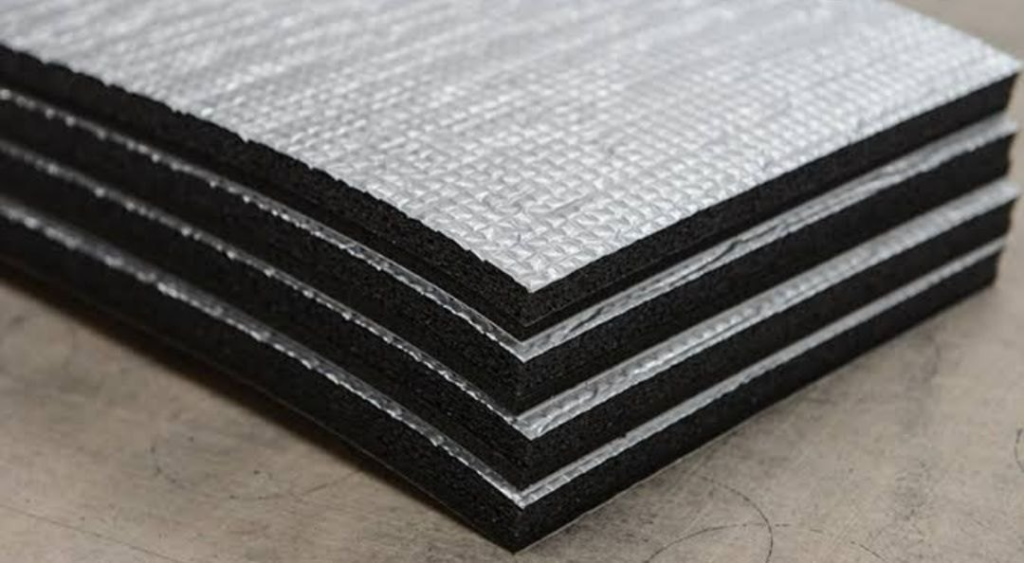
Thermal insulation materials play a pivotal role in enhancing energy efficiency across industries and homes. With the global push towards reducing carbon emissions and improving energy conservation, the market for these materials has seen significant growth. The global thermal insulation material market was valued at USD 71.7 billion and is projected to reach USD 96.0 billion by 2028, growing at a compound annual growth rate (CAGR) of 6.0%. The rise in demand is driven by advancements in technology, the construction boom, and increasing awareness of sustainable practices.
Current Trends
Recent trends in the thermal insulation material market are influenced by factors such as stringent building codes, government regulations, and the focus on green buildings. Some of the key trends include:
- Sustainability Initiatives: There is growing interest in eco-friendly insulation materials such as natural fibers, cellulose, and sheep wool. These materials offer similar performance to traditional insulation but with a smaller carbon footprint, aligning with sustainability goals.
- Advanced Materials: Innovations in materials like aerogels and vacuum insulation panels (VIPs) are shaping the future of thermal insulation. These materials offer superior insulation properties with less thickness, making them ideal for high-performance applications.
- Focus on Energy Efficiency: Governments and organizations worldwide are encouraging energy-efficient building designs. This has accelerated the adoption of thermal insulation materials, particularly in commercial and industrial buildings.
- Rising Demand from Emerging Economies: With rapid urbanization and industrialization in countries such as China, India, and Brazil, the demand for thermal insulation in both residential and non-residential buildings is growing at an unprecedented rate.
Practical Applications
Thermal insulation materials are crucial in various industries and everyday life due to their ability to minimize heat transfer, thereby reducing energy consumption.
- Building & Construction: The construction industry is one of the largest consumers of thermal insulation materials. Insulating walls, roofs, and floors helps to maintain indoor temperatures, leading to lower energy bills and enhanced comfort in homes and offices.
- HVAC Systems: Insulation in heating, ventilation, and air conditioning (HVAC) systems prevents energy loss, improving the efficiency of these systems. This application is especially vital in large commercial buildings and industrial settings.
- Industrial Applications: Insulation is critical in industries like petrochemical, manufacturing, and power generation, where controlling heat is essential for safety and efficiency. Insulating pipes, boilers, and industrial equipment helps reduce energy wastage and improve operational efficiency.
- Transportation: Thermal insulation materials are used in automotive, aerospace, and maritime industries to maintain comfortable cabin temperatures and reduce energy consumption.
Future Outlook
The future of the thermal insulation material market looks promising, with growing emphasis on energy-efficient buildings and infrastructure development. The integration of smart technologies with insulation, such as temperature-sensitive materials and self-healing insulation, could revolutionize how buildings are insulated. Moreover, increasing governmental support through subsidies and tax incentives for adopting green building practices will further drive market growth.
As climate change becomes a more pressing issue, the role of thermal insulation in reducing energy consumption and greenhouse gas emissions will only grow in significance. The market will continue to expand as industries adopt sustainable practices and seek cost-effective solutions for energy management.
Download PDF Brochure :
The thermal insulation material market is experiencing robust growth, driven by the increasing need for energy efficiency and sustainability. The shift towards eco-friendly materials and advanced insulation technologies reflects the evolving needs of modern industries and consumers. As global energy demands rise and environmental concerns intensify, the market for thermal insulation will continue to evolve, providing essential solutions to energy conservation challenges.

